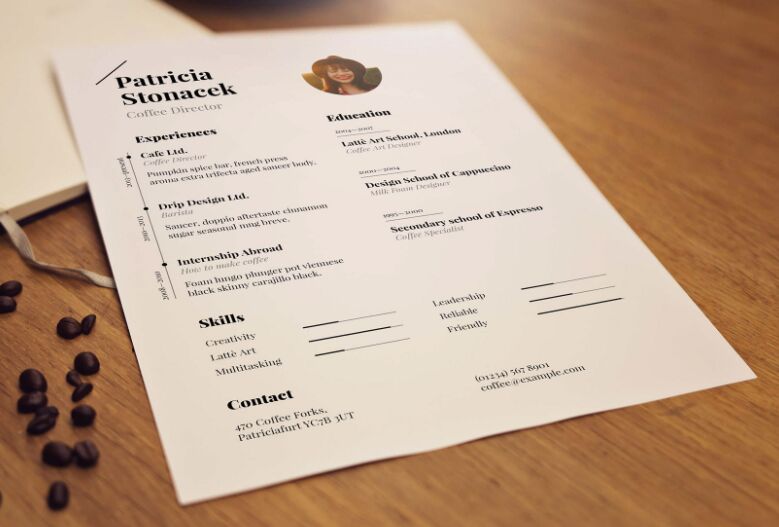There is an unaccounted period in your workbook – from six months or longer? Most likely, at the interview, they will ask what you did while you were not working. Let’s figure out how to correctly explain the gaps in your resume, get through the security check and get a job, regardless of the reasons for the prolonged vacation.
White space in resume – how long is it?
Each field of activity has its own ideas about how long an employee gets out of a rut and starts to lose skills. It is forgivable for a waiter to be unemployed for six months, but not for a nurse. Recruiters do not pay attention to gaps in their resume for two or three months, a half-year break is also considered acceptable. Questions can be caused by the absence of records in the labor document for eight to ten months.
HRs fear that during the time spent without work, the candidate has lost his qualifications and discipline. You will have to convince recruiters of the opposite in the resume and at the interview.
What to write on the resume?
If you send your resume by mail or attach it to the feedback form on the site, format the document so as not to focus on dates. Leave only years, remove months.
Instead of:
1. Company A, April 2018 – September 2019
2. Company B, January 2017 – March 2017Write:
1. Company A, 2018 – 2019
2. Company B, 2017 – 2017
Technically, there are still gaps in the resume, but they are not so noticeable.
If you have been unemployed for more than half a year and are sending your resume on a general basis, attach a cover letter to it. Be honest about what happened and what you did. Downsizing, relocation, project work, study – indicate the real reason for the downtime.
“In 2018, the company “A” laid off three specialists. I worked in the firm for less than a year, I had to leave. I worked for myself for half a year: I privately chased aerated concrete, laid complex wiring, serviced residential and technical facilities.”
Given the economic recession and constant layoffs in companies, gaps in the resume are not scary in themselves. It is bad if you cannot clearly describe what you were doing while you were not working.

What to say in the interview?
Suppose, please, explain the spaces in the resume sounded during the interview. Now you need to convince HR that during the absence of records in the labor force, you have not lost your qualifications, retained your professional skills, and followed the industry news.
Be attentive to the wording: do not say that you did not work because of stress, caused by the behavior of the former tyrant boss. The answer – “I couldn’t decide what I wanted to do” is also not good. Think about what useful skills you have developed without formal employment. Collect them into a beautiful (but always honest) story and tell it at the interview.
“In 2017, I took a break from my career for eleven months – I had the opportunity to volunteer in surf-camp. There I conducted excursions, put guests in rooms, repaired the facades of houses and cleaned the coastline. Below I attach gratitude and a scan of the book of reviews written by camp visitors during my shift.”
The security service will check you
If you are going to work in a bank, commodity companies, government agencies, or auto business, your resume will be examined by the security service. Naturally, her employees will be interested in whether the break-in of their careers was connected with dismissal under the article of the Labor and Criminal Codes.
Security officers look at criminal records, credit history – if they worked officially, but for some reason, this is not reflected in the workbook, the gaps in the biography will be restored by deductions to the Pension Fund.
Service safety is in many transport companies, in large production, in sales and purchases. Usually, they collect information from past jobs, verify the authenticity of documents, and monitor profiles on social networks.
HR department
There is a security service not in all firms – small businesses cannot afford it. In such cases, the HR department is engaged in checking suspicious biographies.
Recruiters use different websites to verify the authenticity of the passport, work permits and stay in the country. The personnel department can request information from the judicial system service on the candidate’s convictions, as well as search for data on the Interpol website… The latter is unlikely but acceptable. HR members are also part of the professional community – there, for example, you can find out if a candidate left his previous job in an amicable way or with a wolf ticket.
If for some reason an employee lied about career gaps, that’s a wake-up call. Some companies prescribe honesty in interviews as a mandatory item in their recruiting instructions. The answers to key questions are recorded and rechecked – this is how the business tries to protect itself from risks, unscrupulous employees, and incompetent employees.



